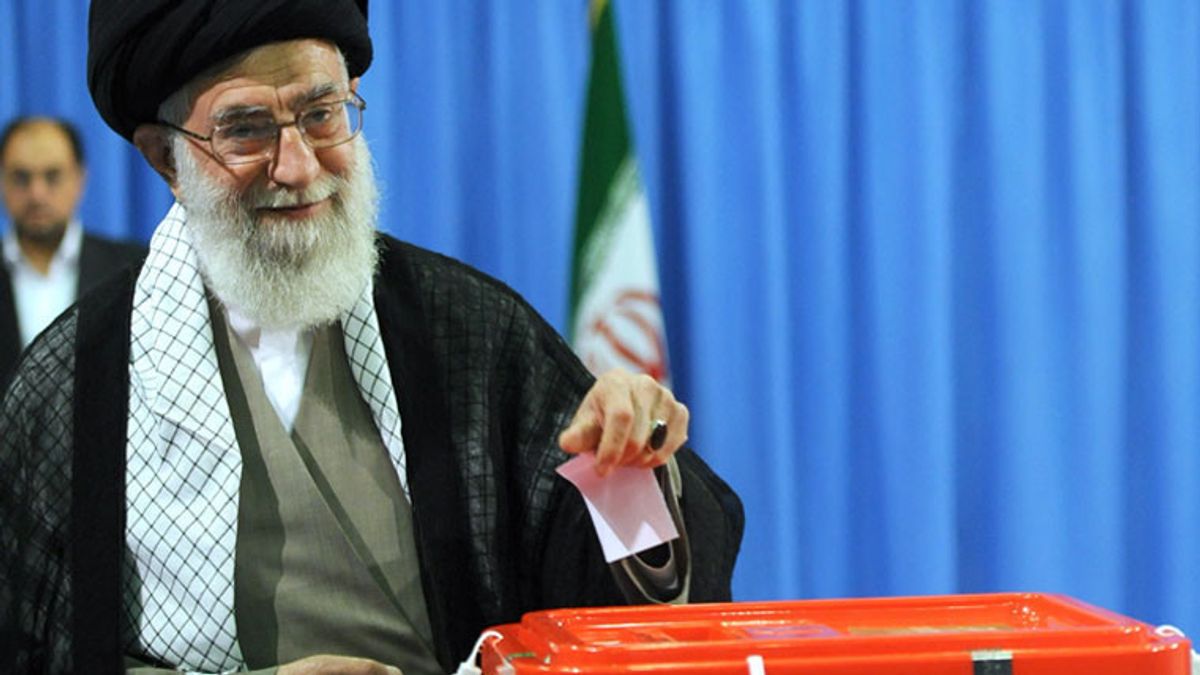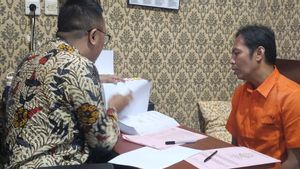
JAKARTA - Iran's Intelligence Minister on Sunday said its security forces were preparing to anticipate a one-year anniversary of the country's major protests, accusing the West of using these demonstrations to destabilize the country ahead of next year's general election.
"The most important plan of the enemy is to destabilize and reduce participation in the general election," Minister Ismail Khatib said, citing The National News from Tasnim News Agency Aug. 21.
"Although they have plans to commemorate the unrest, their main goal is elections," he said, adding the Iranian Revolutionary Guard Corps (IRGC) and Basij paramilitary forces had to work to achieve "a great quantity and victory".
Tehran accused the West, particularly the United States and Israel, of being behind protests that hit the country last fall. following Mahsa Amini's death while in a moral Iranian police custody.
They refer to the protesters as "chaotics" and have executed several people convicted of "corruption on Earth" and killed Basij members, who responded to the demonstration with brutal force.
More than 500 people were killed and several people executed for joining the protests.
Demonstrations have largely eased and authorities have stepped up crackdowns on civilians, increasing surveillance of women who are not wearing headscarves and calling on the families of the murdered protesters.
Iran itself is known to hold parliamentary elections in March, which was first held since protests began.
Still on Sunday, Iran's Intelligence Minister said some of Europe's "spy" were being held under the threat of the death penalty.
관련 항목:
Among them were Swedish-Iranian doctor Ahmadreza Djlalali, who was sentenced to death in October 2017, for being accused of corruption through espionage and collaboration with Israel.
He is adamant and is still being held in an isolation cell in Evin Prison, which is known for its high population of foreign prisoners and prisoners of dual citizenship, as well as several of Iran's most educated lawyers, activists and journalists.
Also on the death penalty list was Jamshid Sharmahd, an engineer of Iranian-German descent and a US citizen who had lived in Iran for a long time, was sentenced to death on charges of corruption, a broad and vague term that often led to the death penalty.
The English, Chinese, Japanese, Arabic, and French versions are automatically generated by the AI. So there may still be inaccuracies in translating, please always see Indonesian as our main language. (system supported by DigitalSiber.id)

















